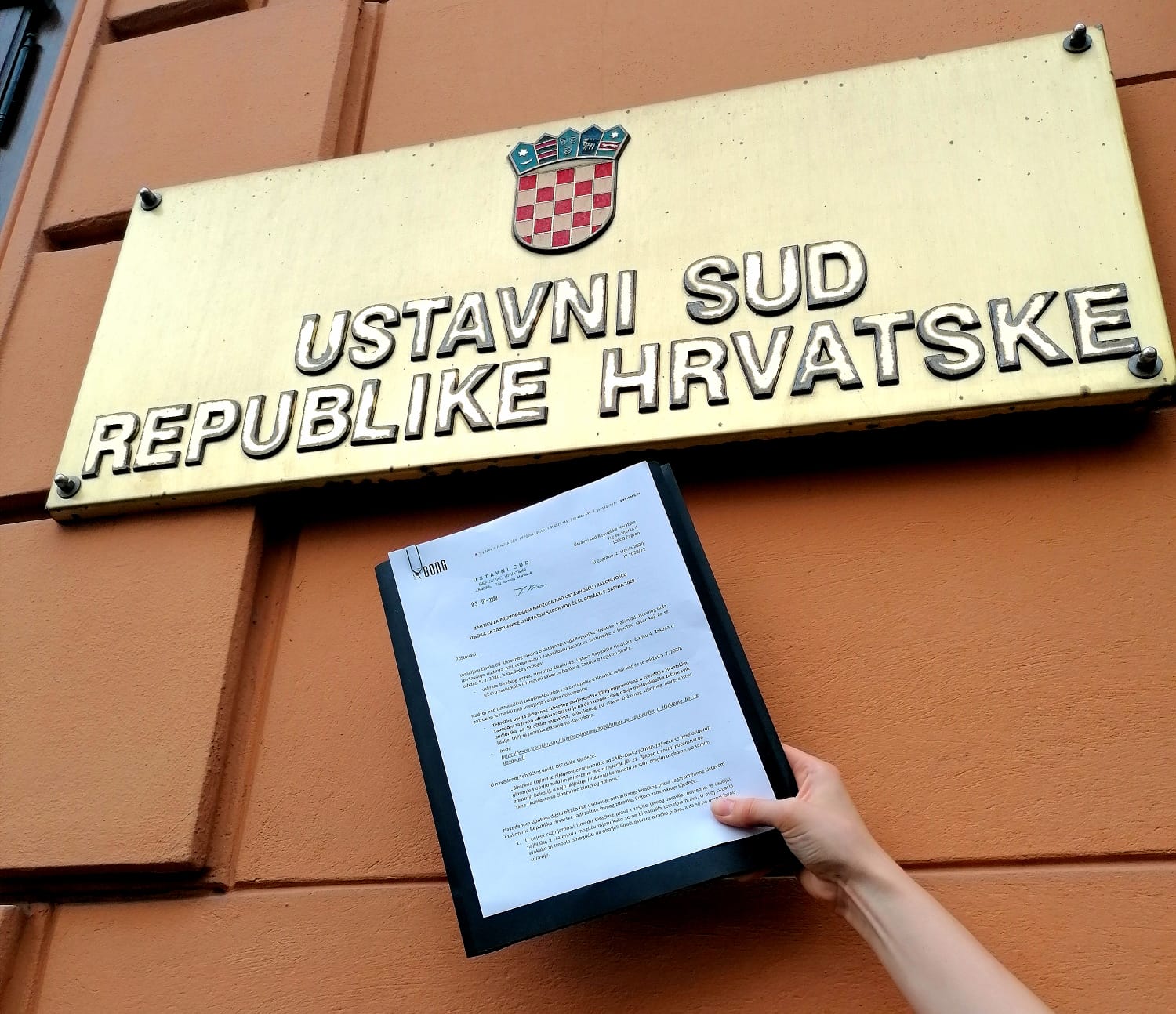The Constitutional Court on Thursday adopted a joint statement on a referendum on the definition of marriage, saying that any possible amendment of the Constitution with a provision stipulating that marriage is a heterosexual union must not impact the development of legislative solutions for common law marriage and same-sex unions in line with the constitutional demand that everyone in Croatia is entitled to respect and the legal protection of their private and family lives as well as their human dignity.
The statement was forwarded to the State Election Commission and will be published in the National Gazette.
The Constitutional Court concluded that the holding of the marriage referendum revealed the many problems in Croatia’s referendum law and raised numerous legal questions that demanded answers, asking the legislator to ensure as soon as possible a stable normative framework for the referendum procedure that conformed with the standards of a democratic society.
Despite that, the Court starts from the fact that parliament adopted a decision on the referendum with a majority of 104 votes and that this decision must be honoured because it was adopted with more votes than the majority required to change the Constitution.
In such a situation, assessing if the referendum question and the requirements for holding it comply with the Constitution is unnecessary nor is it necessary to take any actions that would delay or ban the marriage referendum, the statement said.
Croatia legally recognises marriage, common law marriage and same-sex unions and Croatian legislation is aligned with European standards on marriage and family life, the statement said, adding that the Court had never received a motion to assess the conformity with the Constitution of Family Act provisions which regulate marriage as a heterosexual union or motions which brought into question the law on same-sex unions.
The Court therefore believes that the marriage referendum is not a referendum on the right to the respect for family life, which the Constitution guarantees to everyone, independently of sex or gender, and which is protected by the Constitutional Court and the European Court of Human Rights, the statement said.
It added that if the Court were to find that the referendum question – if people want the Constitution to define marriage as a union between a man and a woman – did not comply with the Constitution, the Court would actually find that an article of the Family Act did not comply with the Constitution.
Nonetheless, the incorporation of legal institutes into the Constitution must not become systemic and exceptions must be justified by being, for example, deeply rooted in social and cultural traditions, as the European Court of Human Rights says about the institute of marriage, the statement said.
The Constitutional Court concluded today that there are no obstacles to holding the marriage referendum on December 1, rejecting three motions by individuals and associations that it rule if the referendum question complies with the Constitution or stop the referendum.
